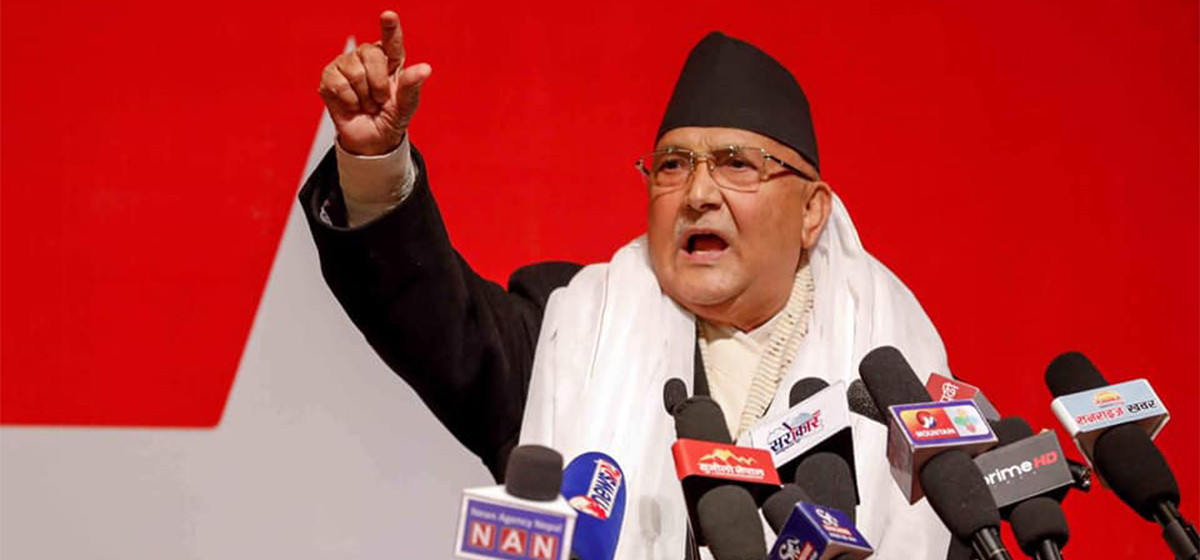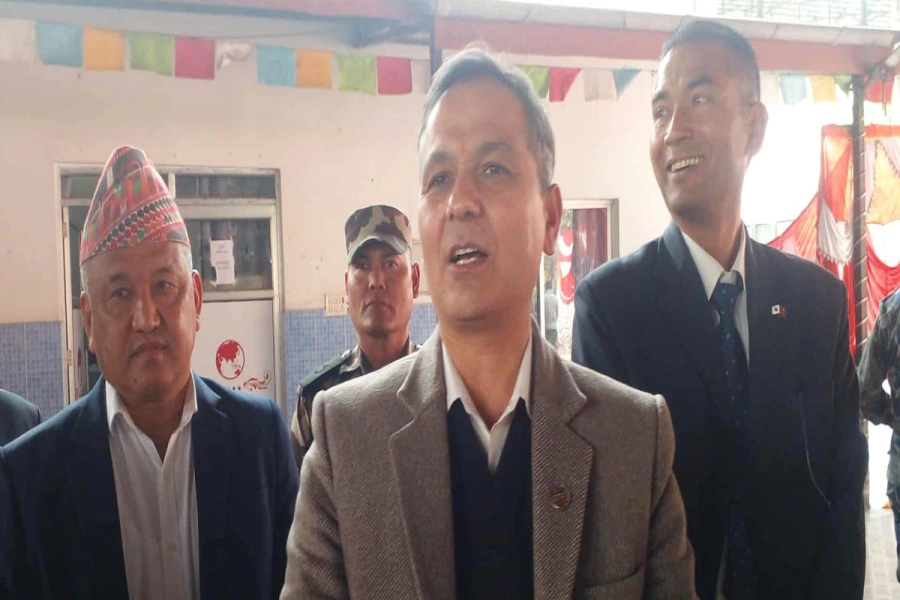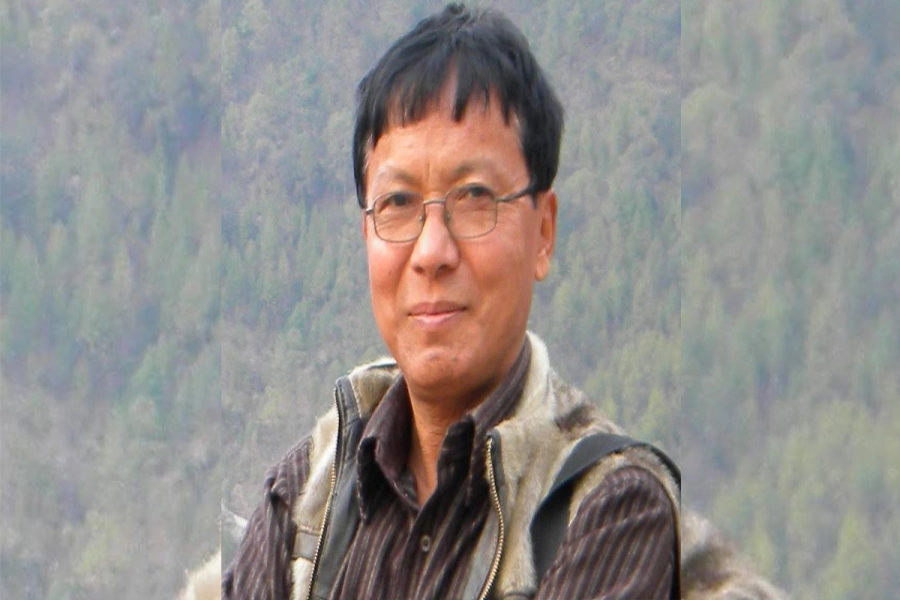The Nepal Communist Party (NCP) secretariat has decided to nominate the party’s vice-chairperson Bamdev Gautam as a member of the National Assembly. Narayan Kaji Shrestha and few other NCP leaders who had lost the election have already been nominated to the National Assembly. People have voiced strong objections to such nominations, jeopardizing the legitimacy of the Assembly itself. People are talking of the Assembly as a place to settle the rejected political leaders.
In the bi-cameral parliamentary system, the National Assembly is perceived as the mature and sovereign body. The members inducted to the Assembly should have unquestionable character. But the people are suspicious of the wisdom behind nominating people like Gautam to the Assembly.
The election for the Assembly is conducted via directly elected representatives at state and local levels, forming an electoral college. Part 8 of the Constitution stipulates the election and other procedures to select the members of the House of Representatives, and Part 9 lists the legislative procedures which make subtle functional distinction between the two houses. Given its composition of eight members from each province, the Assembly is largely seen as a product of the new federal system.
The fundamental concept behind the formation of the bi-cameral parliamentary system was to focus on discussing the bills and laws drafted by the House of Representatives. As we know that an electoral democracy has limitations and is perceived that a qualified candidate may not get elected from the election because winning election is a different game. More importantly, the prime work of a parliamentarian is to formulate the laws. In the parliamentary system, the second chamber checks and prevents hasty and ill-intentioned passage of the bills. It also corrects faulty legislation coming from the lower House. A bill which is drafted and discussed in the House of Representatives needs to be cross-checked by the Assembly.
Parliament dissolution is an assault on spirit of constitution:...

Nepal has been adopting an upper house system since the constitution of 2015B.S. The parliament of that time was made up of the king, the general assembly and the House of Representatives. The same General Assembly was the upper house at that time, with 18 of the 36 members elected by the House of Representatives and 18 nominated by the king. Most of the prominent leaders of that time lost elections. Leaders like Bhadrakali Mishra, Tanka Prasad Acharya, KI Singh, Surya Prasad Upadhyay, and Krishna Prasad Bhattrai had also lost elections.
When the Panchayat system was incepted in 2017B.S. by abolishing a democracratic system, King Mahendra installed an unicameral system by breaching the spirit of parliamentary system. Similarly, the thirst for democracy in Nepali people was being continued and after thirty years, from People’s Movement, the bi-cameral legislature was re-installed in the Constitution of the Kingdom of Nepal in 2047B.S. and the Upper House became a 60-member National Assembly. The ten members were nominated by the king from different eminent personalities who had made special contributions in various spheres of national life. Even if the nominee was to be appointed by the king, it would have to be done on the recommendation of the Prime Minister, which was a constitutional provision.
When the Constitution of Nepal was promulgated from the Constitution Assembly in 2015, it was perceived that the Constitution would maintain stability and parliamentary sanity in the country. The NCP has been ruining the spirit of the Constitution. This party has been using the Assembly to settle down the personal interest of its leaders. Do the leaders of NCP who lost the FPTP election have a role in the legislation process at the National Assembly? Is there a scarcity of leaders who hold specific expertise in different sections?
Despite having different changes in the system, the Constitution has been perceived as the consolidation of people’s aspiration. This mishandling of the constitutional aspiration can shorten the life of the Constitution.
I suggest Prime Minister Oli and Pushpa Kamal Dahal re-think the appointment of Narayan Kaji Shrestha along with a few others to the National Assembly, and not nominate Bamdev Gautam. The NCP should avoid insulting the spirit of people’s mandate.
Shah is a Member of Parliament, Nepali Congress
Twitter: @MP_APshah_NC







































